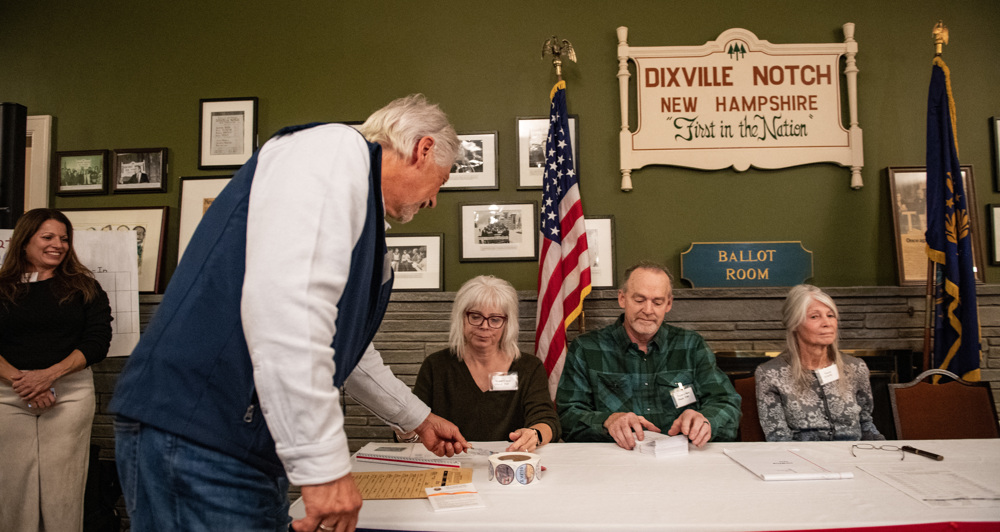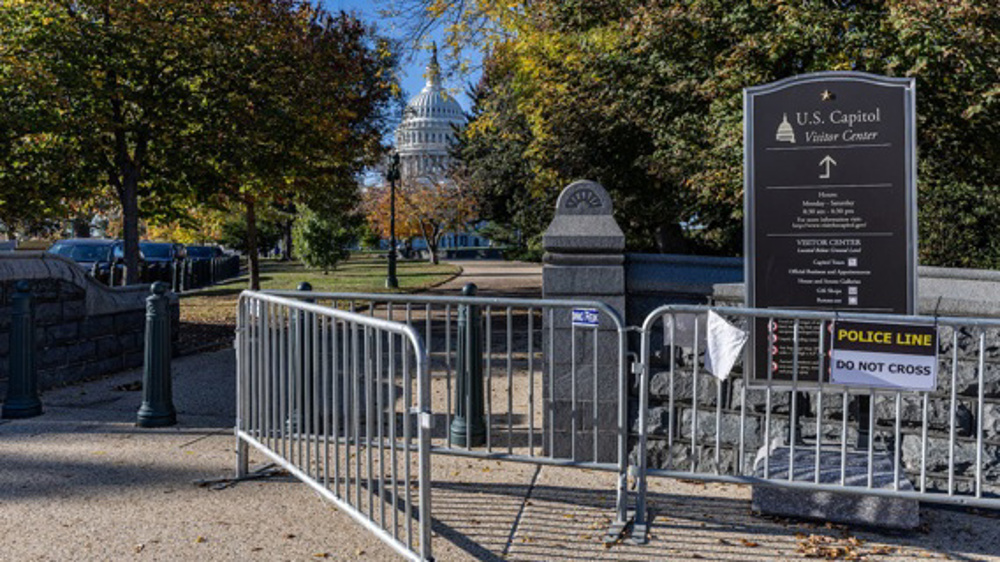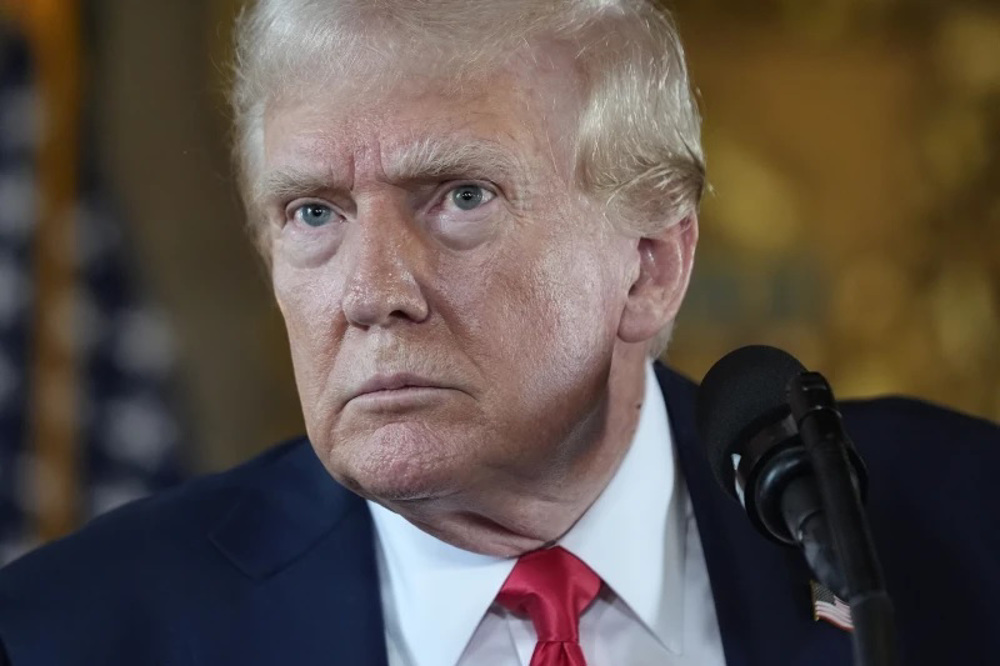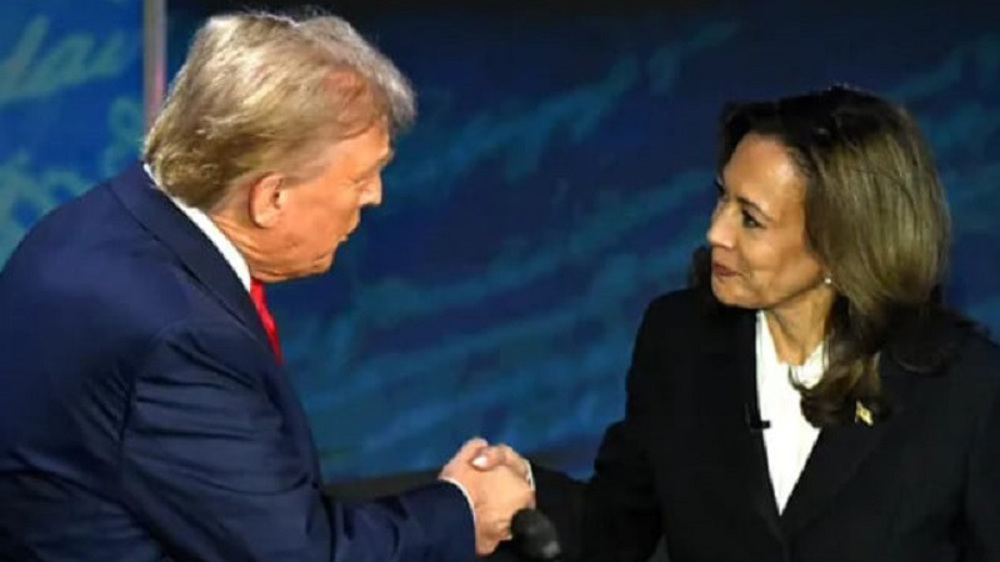US Election Day: First votes cast in New Hampshire
The presidential election in the United States has commenced, featuring former President Donald Trump and Vice President Kamala Harris, along with several third-party candidates.
Polling stations opened across all 50 states in the early morning of Tuesday, enabling citizens to vote in person or through early voting options made available in many jurisdictions.
Voters in Dixville Notch, New Hampshire, actually marked the official start of the Election Day, as six registered voters of the tiny town were among the first in the country to cast their ballots in person. By tradition, all eligible voters gather at the now-dormant Balsams Hotel in Dixville Notch to cast their secret ballots once polls open at midnight.
The latest opinion polls show Trump and Harris are locked in a tight race. Harris is slightly ahead with 48.1 percent of the vote, according to FiveThirtyEight’s national presidential poll tracker. Trump is not far behind, with 46.8.
Both candidates are focusing on seven key swing states, which are critical due to their competitive nature: the "blue wall" states of Michigan, Pennsylvania, and Wisconsin, and the "Sun Belt battlegrounds" of Arizona, Georgia, Nevada, and North Carolina.
Current polling indicates close races in Pennsylvania, Michigan, and Wisconsin -- states that have shifted in political allegiance in recent years.
Pennsylvania is particularly significant, holding 19 Electoral College votes, and both candidates made their final campaign stops there on election day. Trump also held his last rally in Michigan, which contributes 15 Electoral College votes. A candidate needs 270 electoral votes to secure the presidency.
Trump had won all three of these states in 2016, while President Joe Biden won them in 2020. If Harris secures victories in all three this year, she would likely achieve the necessary electoral votes for the presidency.
While Harris has maintained leads nationally and in Michigan, Wisconsin, and Nevada, her lead in Pennsylvania has diminished. Conversely, Trump is currently leading in Arizona, Georgia, and North Carolina -- states that have traditionally leaned Republican but are experiencing demographic changes.
Candidates have been actively campaigning in the lead-up to the election day, with rallies, debates, and advertisements aimed at swaying undecided voters.
Meanwhile, in the weeks leading up to the election, Trump and his supporters have set the stage for disputing the results of the election if he loses, even in the absence of any substantial evidence of widespread fraud.
Polls will close in various states throughout the evening, and results are expected to begin rolling in shortly thereafter.
As the election progresses, the results will be closely monitored. States will begin releasing unofficial results shortly after polls close, but official declarations of victory may take weeks due to varying vote-counting laws and the need for thorough canvassing and certification processes.
Press TV’s website can also be accessed at the following alternate addresses:








 This makes it easy to access the Press TV website
This makes it easy to access the Press TV website